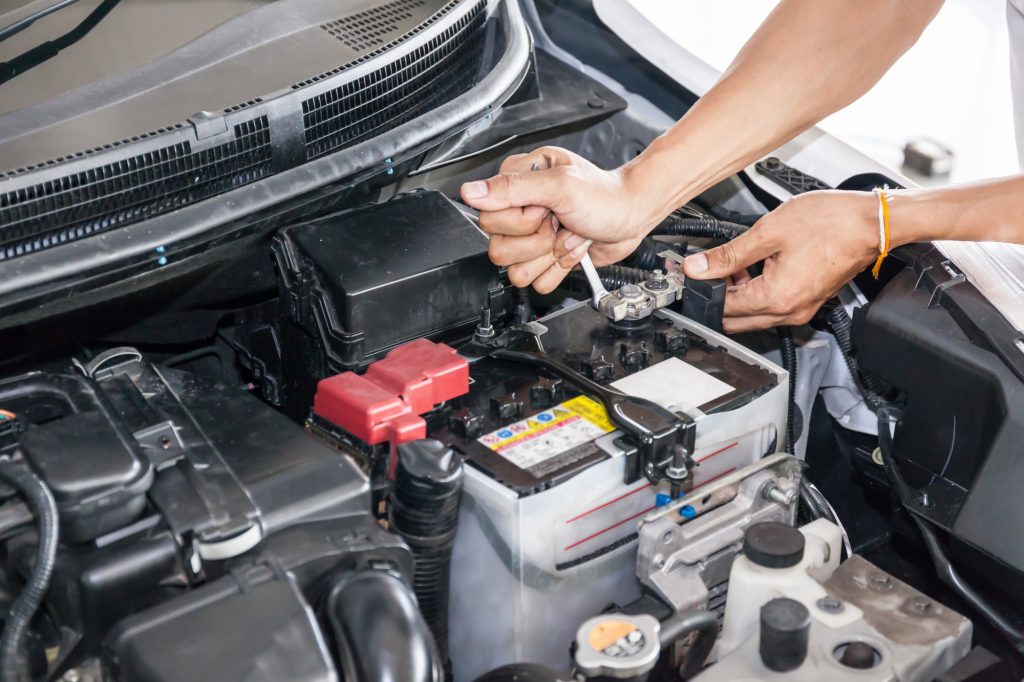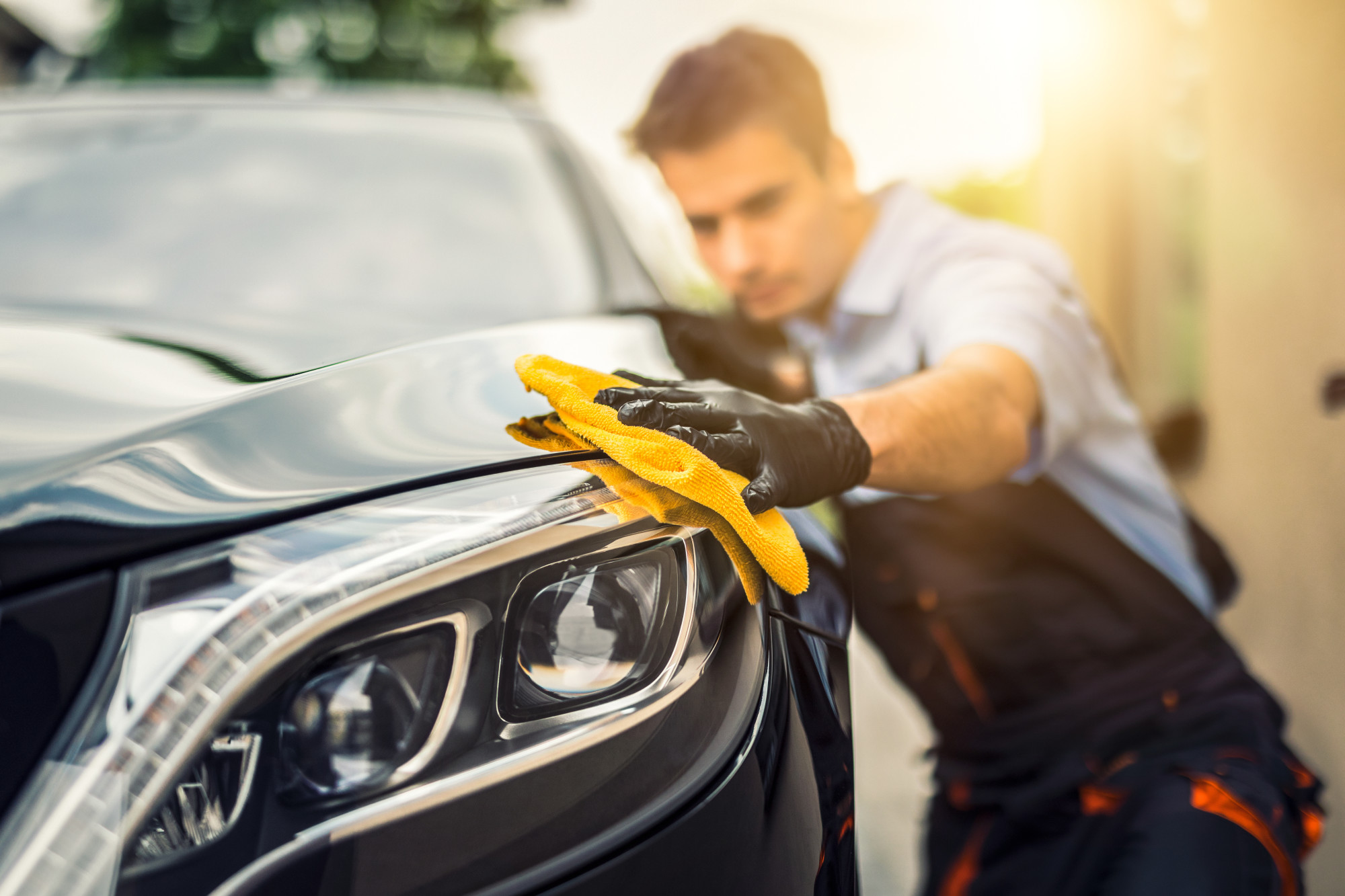
Approximately 69 million vehicle breakdowns occur in the United States every year. This translates to one in three drivers. If you’ve recently asked yourself, “Why is my car creaking?”, you may find yourself on the negative end of this statistic.
These noises are warning signs that you shouldn’t ignore. When your car breaks down it’s usually at the least convenient time. Not only is your mobility affected, but often it costs a lot to make your car roadworthy again.
The best solution is to avoid being in this situation. Regular maintenance is one way to ensure this. Otherwise, you should get any odd noises or irregular movements while driving, checked out immediately.
It’s also good to have an idea of what the issue might be. Read on to find out some common noises your car may make when it’s time for repairs.
Ten Reasons Your Car Is Making Strange Noises
Some strange noises in your you shouldn’t ignore:
1. Squealing Upon Acceleration
When you accelerate does your car make a squealing noise? It may be a loose or worn fan belt. Although an inconspicuous part of your car and fairly inexpensive, a fan belt that fails can cause quite a bit of damage to your engine as well as other parts of your vehicle.
It’s natural for it to get worn over time. A mechanic will be able to tell you if your fan belt simply needs tightening or if you’ll need to replace it. It will depend on what’s causing the problem.
2. Rattling Under the Car
Is your car rattling while you’re driving as though there’s a box of stones under it? More than likely, it’s a problem with the exhaust system.
If you’re uncertain, try listening for the noise while you’re parked with the engine running. The noise should be more pronounced without other external noises such as the tire against the road while driving. It’s an indication that your catalytic converter may be faulty.
Your catalytic converter is responsible for making pollutants in the exhaust gas that’s present in internal combustion engines less toxic. Although they can usually last for at least ten years or 100,000 miles, frequent short trips can result in faster deterioration. It’s important to have it changed if it’s not functioning as it should.
If the noise isn’t due to a faulty catalytic converter, have the supporting brackets, clamps, and mountings of your exhaust system checked. Also, ensure that the system isn’t misaligned. Whatever the issue, don’t ignore it.
3. A Hissing Sound
Only snakes or an angry cat should make hissing sounds. Never your car. If it does it may be overheating.
You can check your temperature gauge to confirm this but you should also pull over safely and call for assistance. Once you’re out of the car, you may also see steam coming from under your hood. Don’t attempt to fix the problem when you stop, as your car needs to cool down.
Steam may also escape through a hole or crack in one of the rubber hoses that keep your car running well. These carry different fluids including engine coolant and hydraulic fluid. A professional would have the expertise to identify exactly where the leak is.
The great news is, as alarming as an overheating car may be, replacing any of your hoses is inexpensive.
4. Knocking in the Engine
Strange engine noises are never good. This includes any knocking noises you may hear. It often signals that something in the engine might be on the verge of breaking if it hasn’t already.
The engine is the heart of your vehicle, so it goes without saying that any strange noises emanating from it need immediate attention. Otherwise, the issue may become worse and cost you more in the long run.
It may be a simple case of needing more oil to lubricate the engine parts or a complete oil change to get rid of old oil that may have lost its viscosity. Whatever the reason, don’t take any engine problems lightly.
5. Clunking Noise When You Change the Gear
Depending on the type of car you have, any clunking noise when you change the gear could mean something is wrong with the clutch or your transmission system. Along with the noise, you may have difficulty changing the gear. Both are tell-tale signs.
Your transmission system, like your engine, is definitely not something to ignore. It costs anywhere from $1,800 to $3,400 to replace a transmission. It’s a cost you can avoid if you heed the warning signs.
Ignoring the problem only creates more damage and an even higher repair invoice.
6. Scraping or Screeching When You Hit the Brakes
Any car squealing noise especially when you brake, usually indicates that you need to change your brake pads because they’re wearing down. The scraping and screeching is a warning sign that you shouldn’t ignore.
If you do, the squealing or screeching will eventually become a grinding noise that is hard to ignore. The sound is a result of the brake calipers coming into direct contact with the brake discs. Not only is this extremely dangerous, but it may also cost you more to repair once it reaches this stage.
7. Loud Banging
Loud banging could be another signal that you have a faulty catalytic converter. It could also be the sound of your engine backfiring. This happens when air can’t mix with the fuel in your engine because of a blockage in your air filter.
These noises can be scary, especially if they occur while you’re driving. Remember to try to stay calm. Pull over in a safe place and call for help. If you are familiar with these issues, you may be able to evaluate the situation yourself.
Whatever you do have it checked as soon as possible. Remember that although you shouldn’t ignore any noise your car makes, those associated with your engine are even more critical.
8. Whining Alternator
It’s never good to hear either your child or your vehicle whining. It may take you a while to figure out what’s upsetting your child. But high-pitched whining in your vehicle is usually due to a deteriorating alternator.
This isn’t something you should ignore as your alternator ensures that your vehicle’s electronics work by converting power from your engine into electricity. This electricity also recharges your car’s battery.
Worn-out bearings in the alternator are usually the reason for the high-pitched noise. You may hear the whining through your car’s speakers if any wires aren’t grounded properly. These all indicate that it’s time to have your alternator bearings replaced or you may need a new alternator.
9. Noise When Turning
Is turning while you’re driving becoming more noticeable because you’re hearing a strange noise? Chances are you may have a problem with your shocks and struts.
Shocks keep your car from bouncing while struts are where a mounted spring maintains the height of your car. They usually last a long time however, like other parts in your car, they do deteriorate over time.
When they do, you’ll hear noises when you’re turning. The longer you take to repair it, the more likely your vehicle will start bouncing as well as you try to turn.
10. A Squeaking Suspension
Squeaking in your vehicle may also indicate that there’s a problem with one of the components in your suspension system. This system is comprised of:
- Suspension bushes
- Springs
- Ball joints
- Shock absorbers
- Anti-roll bars
Your suspension system helps to give you a smoother ride. It’s responsible for the smooth handling of your car as it drives on bumpy roads. It also assists with braking, cruising, and acceleration.
Deterioration to any of these will result in a rougher ride and may result in squeaking noises. Ensuring the entire system is well-lubricated is also important.
Other Issues
There may be other noises you notice that will indicate your car is having issues. A car groaning may be a sign your power steering pump is failing. While noise from the rear of the car might mean your axle is bad.
Whatever the issue may be, whenever you hear odd noises while driving. Have them checked out as soon as possible.
‘Why Is My Car Creaking?’ – Now You Know
If you’re like many other vehicle owners, you may use your car to transport your family or as a way to earn an income. Whatever you use your car for, you want to ensure it works well and is safe.
Although cars deteriorate over time, you can lengthen their life with regular maintenance. You should also be alert to any issues that may crop up. Often out of the ordinary noises will indicate there is an issue.
So if you’ve been asking, “Why is my car creaking?”, the answer may be that it’s time to have a professional take a look at it. You can avoid finding yourself stranded on the roadside and facing a huge repair bill by checking out our blog for some common car issues and ways to prevent them.




